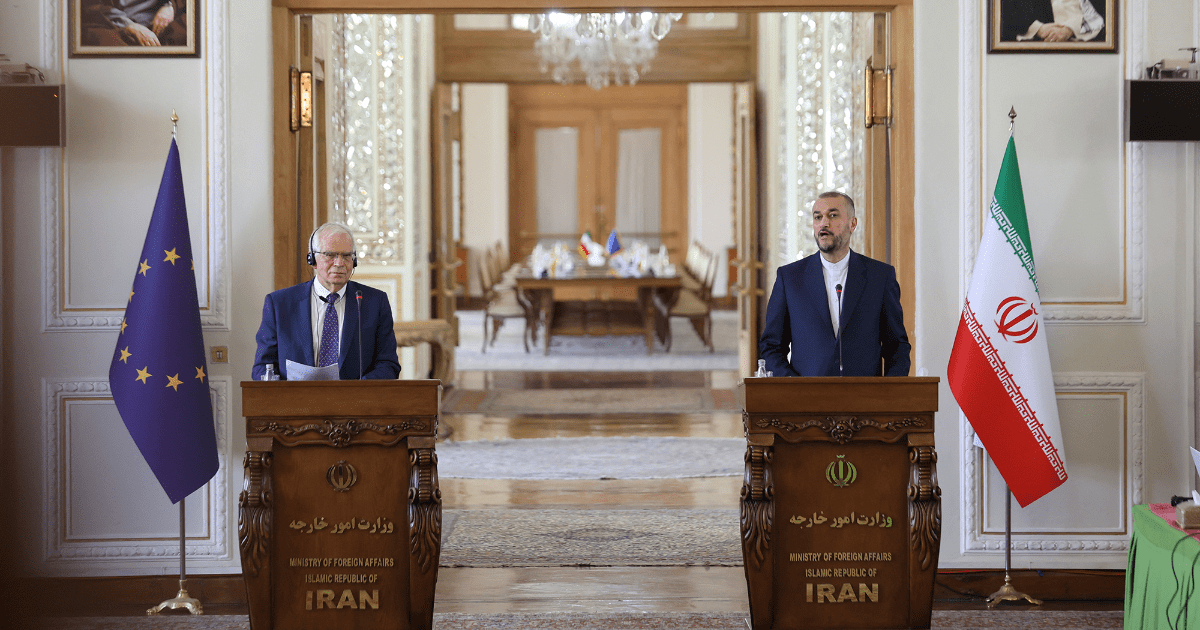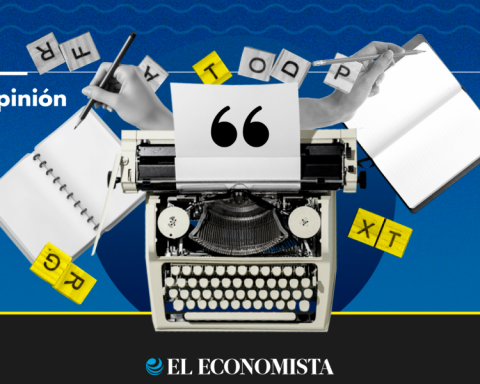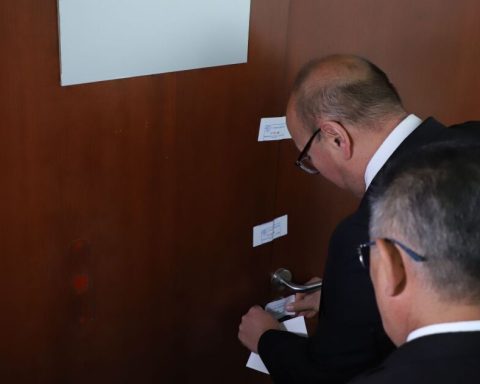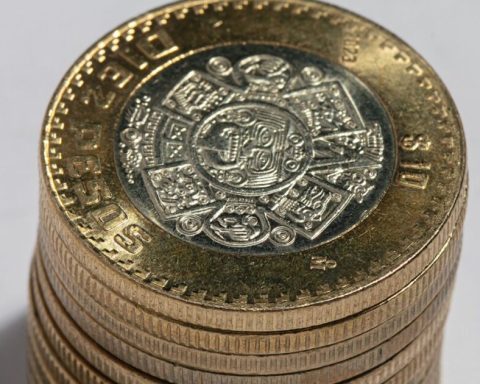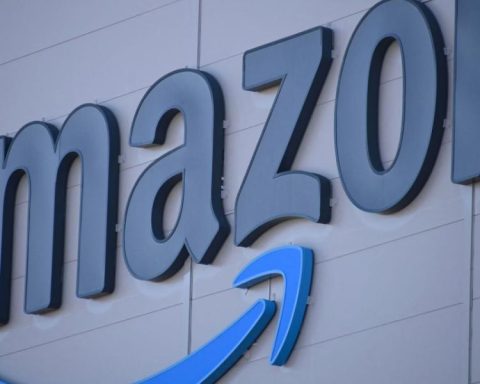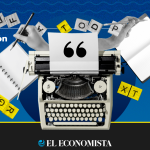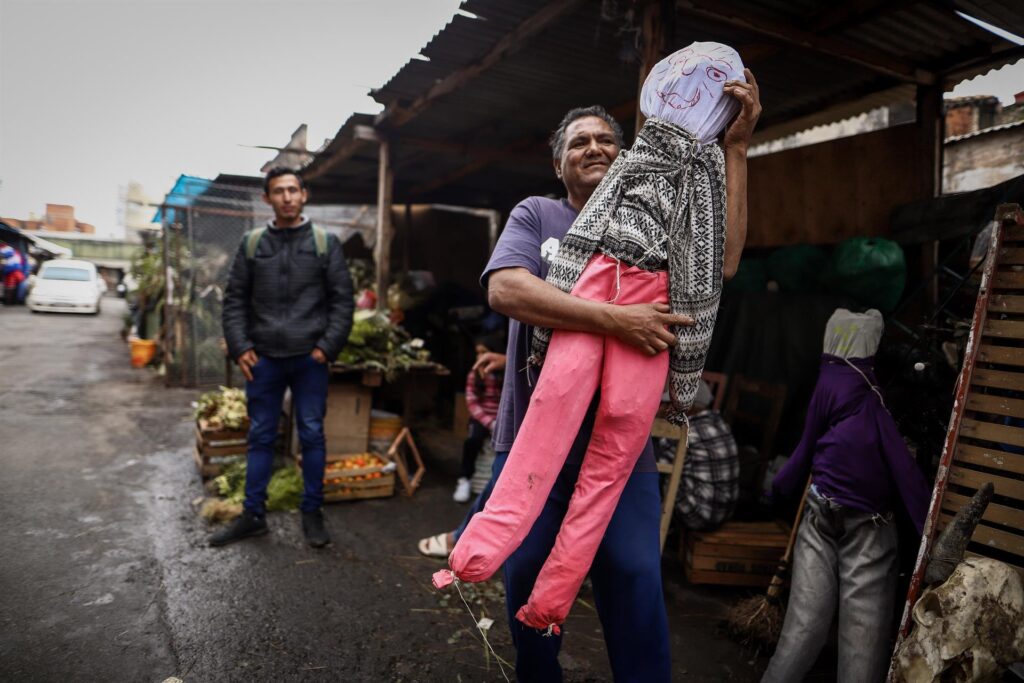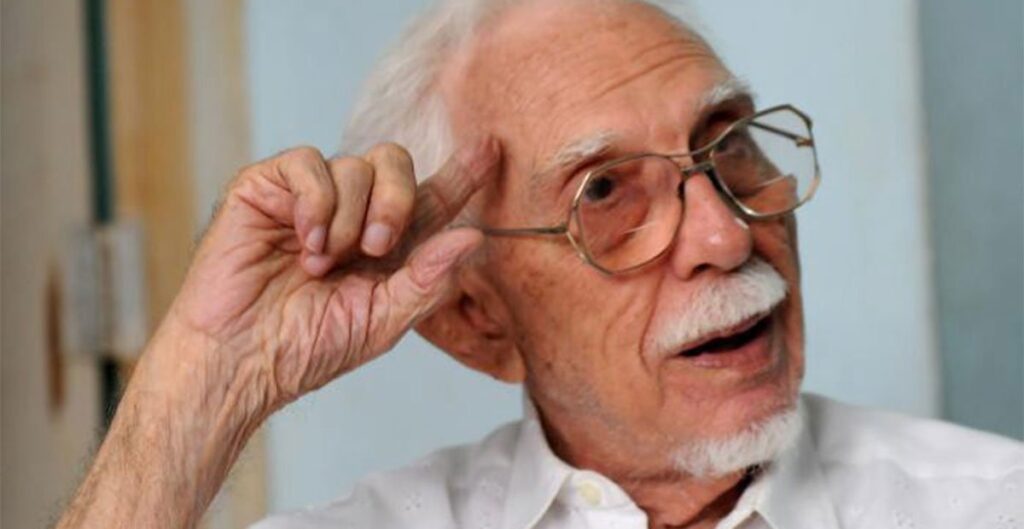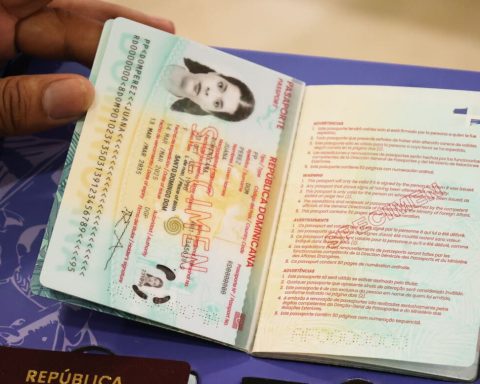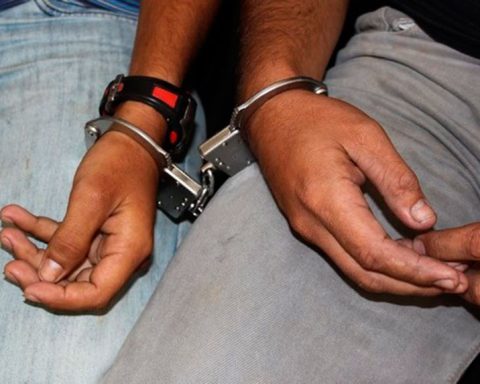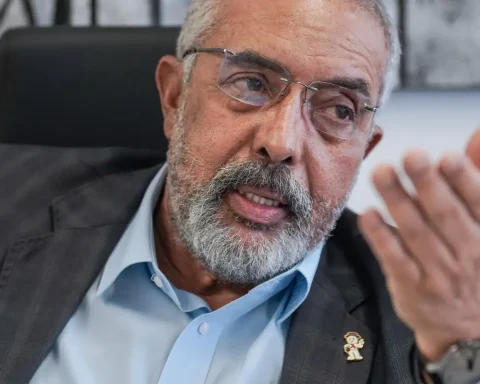The European Union (EU) and Iran announced on Saturday a prompt resumption of talks on the nuclear file, suspended for almost four months, on the occasion of the visit to Tehran by European leader Josep Borrell.
The head of diplomacy European Unionand Iranian Foreign Minister Hossein Amir Abdollahian made the announcements at a joint press conference in Tehran after a two-hour meeting.
To advance the process, Borrell indicated that there will be “indirect” contacts between the United States and Iran soon in “a Gulf country.”
Borrell’s displacement came at a time of deadlock in talks launched in April 2021 between Iran and major powers Russia, the United States, China, France, the United Kingdom and Germany.
The dialogue aims to get the United States to return to the international agreement reached in 2015 to limit the Iranian nuclear program.
Washington unilaterally withdrew from the pact in 2018 during the Donald Trump administration and Iran progressively disassociated itself from its commitments.
The 2015 pact eased crippling sanctions against Iran in exchange for a curb on its nuclear program. The great powers accuse Tehran of seeking to acquire an atomic bomb, despite its version that it is only for civilian purposes.
“The main objective of my visit is to break the current dynamic, that is, the dynamic of escalation” and end the deadlock in the talks, Borrell declared during a press conference, in which he announced that the dialogue would will resume “in the next few days”.
“When I say in the next few days, I mean quickly and immediately,” he stressed.
“Solve problems”
For Borrell, one of the main obstacles in the progress of the negotiations is the enmity between the United States and Iran, two countries that have not maintained diplomatic relations since 1980.
“We have agreed that this visit will be followed by a resumption of negotiations also between Iran and the United States, facilitated by my team, to try to resolve the pending issues,” he said.
During a second press conference in the evening, Borrell told the press that “bilateral contacts between Iran and the United States” will take place “in some Gulf country (…) sooner than you can imagine.”
“My team is going to be there to make contact with each other,” he added.
In Vienna, the talks between the United States and Iran take place indirectly, with the mediation of the EU.
Borrell stressed to his Iranian interlocutor the economic advantages that a reactivation of the 2015 agreement could bring to Iran, taking into account that the Islamic Republic is affected by sanctions.
“Our bilateral relations have enormous potential, but without a functioning JCPOA, we cannot fully develop them,” Borrell said in a tweet, using the acronym for the agreement’s official name, the Joint Comprehensive Plan of Action.
He also raised the issue of “puzzling detention of European Union citizens in Iran,” referring to Westerners detained in that country on espionage and other charges.
For his part, Hossein Amir Abdollahian stressed that his country was “willing to resume talks in the coming days.”
“What is important for the Islamic Republic of Iran is the full economic benefits that Iran must derive from the agreement concluded in 2015,” he added, referring to a lifting of sanctions.
Neither Borrell nor the Iranian minister indicated any specific date for the resumption of the talks.
“Reversible”
The US government of Joe Biden he has said he wants to return to the agreement, provided that Tehran returns to its commitments, while Iran demands the lifting of sanctions.
In early June, Iran turned off some of the International Atomic Energy Agency (IAEA) surveillance cameras at its nuclear facilities, after the United States and European countries voted on a resolution on June 8 denouncing Tehran’s lack of cooperation. .
However, Iran stated that all these measures are “reversible” once an agreement is finalized in Vienna.
According to experts, the US refusal to remove the Revolutionary Guards from the US list of “terrorist organizations” is the main block to the negotiations.
kg
